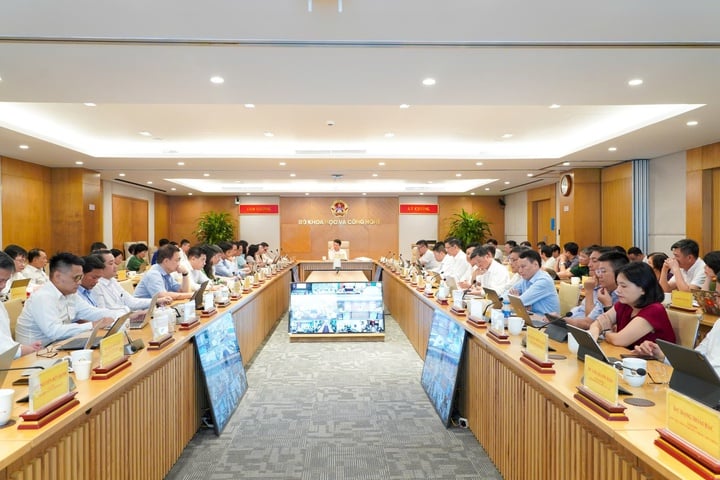
"Organizational reform must go hand in hand with administrative innovation and the use of technology. The new style of administration means that some tasks are transferred to higher levels to be done centrally, some tasks are transferred to lower levels, and some tasks must be socialized." - Minister of Science and Technology Nguyen Manh Hung spoke at the second quarter 2025 State management work conference of the Ministry of Science and Technology.
In the context of innovation in management models, the urgent requirement is to reduce administrative intervention from the Central Government, while at the same time giving more initiative to local authorities - the place that directly implements science and technology development tasks close to practical needs and conditions. The promulgation of Decree No. 133/2025/ND-CP regulating decentralization and decentralization in the field of state management of the Ministry of Science and Technology (Decree 133) therefore institutionalizes the major policy of the Party and State in reforming state management, especially in the field that is being identified as the "top national policy" - science , technology and innovation.
"Assign tasks to the capacity"
According to the content of the Decree, the total number of tasks that are decentralized and delegated in the field of science and technology is 78. Of these, 16 tasks are decentralized - meaning that localities are given full authority to decide and take responsibility for the implementation results; 62 tasks are decentralized - localities are assigned to perform but still within the framework of supervision and direction from the Ministry of Science and Technology. The main decentralized tasks are related to: licensing the use of radiation equipment (PET/CT), appointing technical assessors, approving the design of group A information technology projects managed by localities, etc.
In addition, the remaining 106 tasks are not decentralized or delegated. These tasks are mostly macro-level tasks - such as developing strategies, planning, and policies for industry development, issuing legal documents, or micro-level tasks but have a national scope, related to international treaties, national defense, security, etc. These are areas that need to ensure consistency, synchronization, and have strict control from the Central Government such as: intellectual property, inspection, testing, management of science and technology organizations, appraisal of technology transfer dossiers, and quality measurement standards.
Assessing this new policy, Prof. Dr. Phan Xuan Son - Senior Lecturer at the Ho Chi Minh National Academy of Politics - said that Decree 133 is a big step forward in reforming the S&T management system. For the first time, "decentralization" and "decentralization" are clearly defined. This is very meaningful in building a transparent and modern governance model.
According to Prof. Dr. Phan Xuan Son, the policy of decentralization and delegation is not new. Our Party has clearly defined in the 2011 National Development Platform and many other important resolutions that decentralization is one of the core contents of institutional reform. In the current context, when science and technology are identified as the pillars for rapid and sustainable development, the transfer of authority to localities is inevitable.
"The ratio of 16/78 decentralized tasks is still modest, but in terms of the general level of ministries and branches, this is a progressive rate. The important issue does not stop here, but must move towards expanding the scope of decentralization to capable localities. Localities that have built a systematic system of science and technology organizations and have qualified staff should be given more authority to be more proactive in managing and developing science and technology on the spot," he proposed.
However, decentralization is a necessary process but cannot be rushed. In the immediate future, it is necessary to decentralize according to the principle of "assigning tasks according to capacity", and at the same time build a standard capacity framework for provincial Departments of Science and Technology to move towards implementing real decentralization. Decentralization should be carried out with specific technical and professional tasks, while decentralization should be applied to tasks related to the locality, which are routine and have low risks.
A key point that Professor Phan Xuan Son emphasized is: when delegating power, it must be done in the spirit of "real power, self-determination, self-responsibility". The Ministry of Science and Technology plays the role of supervising and inspecting compliance with the law, but does not intervene administratively in the process of implementing assigned tasks.
Promoting innovation from the grassroots
Decree 133 is expected to create a breakthrough in the way science and technology is managed at the local level. In the context of science and technology being creative, innovative and flexible, maintaining a centralized, administrative-command management model will hinder its growth. Many experts believe that science and technology management needs to focus on output results, respecting the uniqueness, creativity and personalization in research, instead of being constrained by procedural processes.
"We must recognize that scientific research always involves risk, requiring freedom and independence in thinking and practice. Therefore, only strong decentralization and delegation of authority can create conditions for the scientific team to freely experiment, to do what is not prohibited by law, and to be responsible for the final results," emphasized Professor, Dr. Phan Xuan Son.
In fact, science and technology is a special field, different from other management sectors. It is a field that is always innovating and always moving forward. Therefore, without a flexible and adaptive management mechanism, especially at the implementation level, it is very difficult to keep up with the pace of development. Especially in the context that the whole country is entering a new stage of development, with the driving force being digital transformation, innovation, and high technology, the role of localities needs to be further promoted, from implementation to leadership.
Resolution 57-NQ/TW of the Politburo on science and technology development, innovation and national digital transformation has set out a strategic vision, affirming that science and technology is a strategic breakthrough and a top national policy. This can only be effectively implemented when there is a flexible governance model, empowering with responsibility, encouraging localities and grassroots units to proactively participate in the innovation process.
Decree 133 is a starting point, demonstrating the spirit of innovation in state management thinking in the field of science and technology. From this foundation, the science and technology sector can expect to enter a new stage of development - more dynamic, more effective and closely linked to the practical needs of each region and locality./.
Source: https://mst.gov.vn/buoc-ngoat-the-che-tu-trung-uong-toi-dia-phuong-197250613142248987.htm


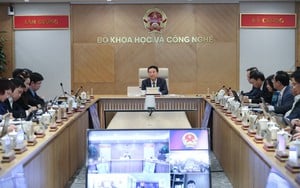











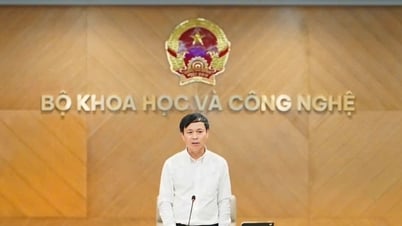
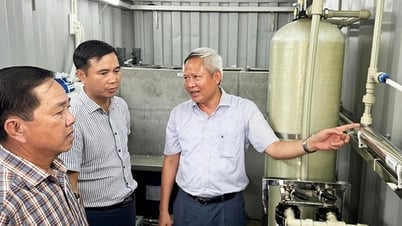


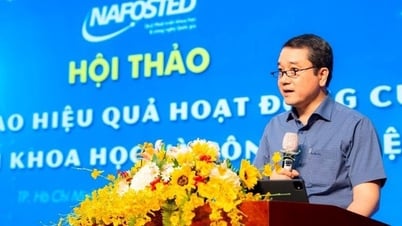













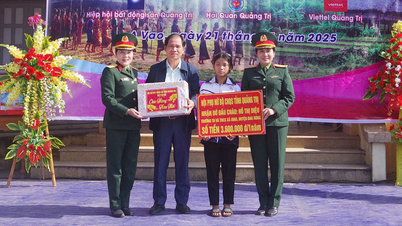





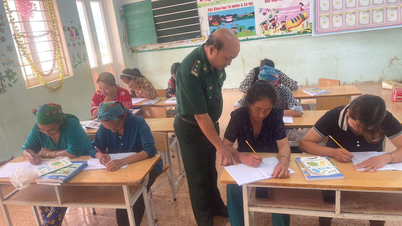



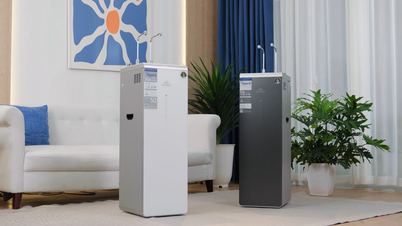

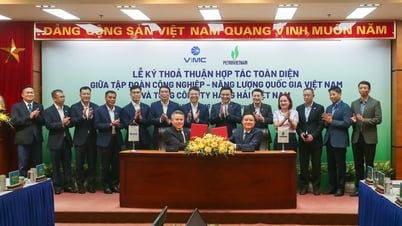







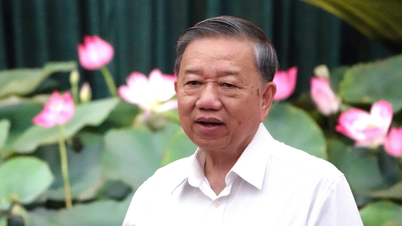








































Comment (0)